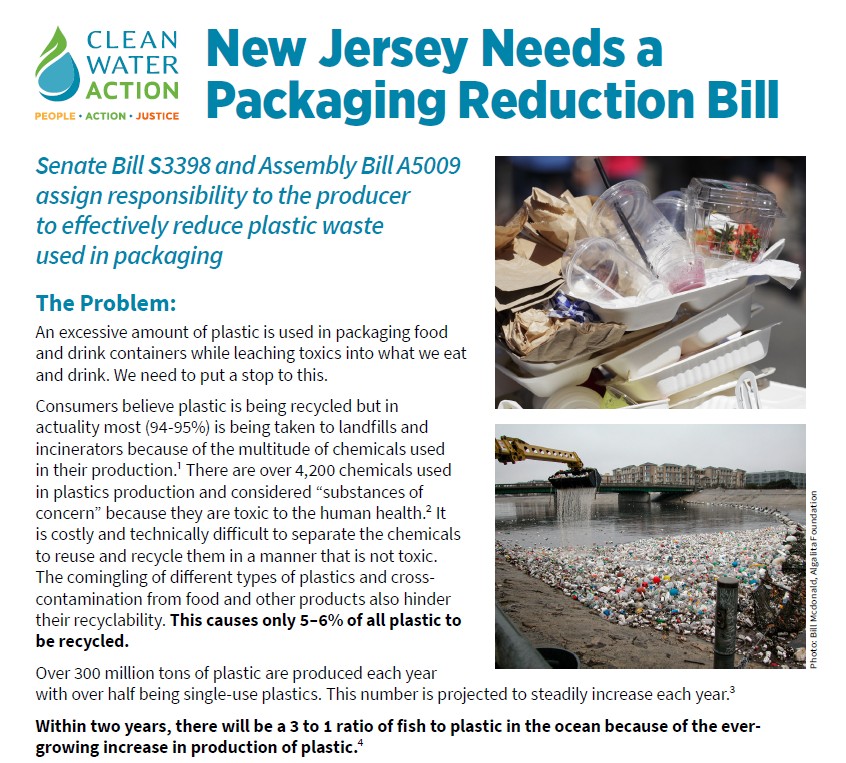Senate Bill S3398 assigns responsibility to the producer to effectively reduce plastic waste used in packaging.
Related Publications
Stay Informed
Get the latest updates and actions:
Thanks for signing up!
There was a problem processing your signup. Please try again.
